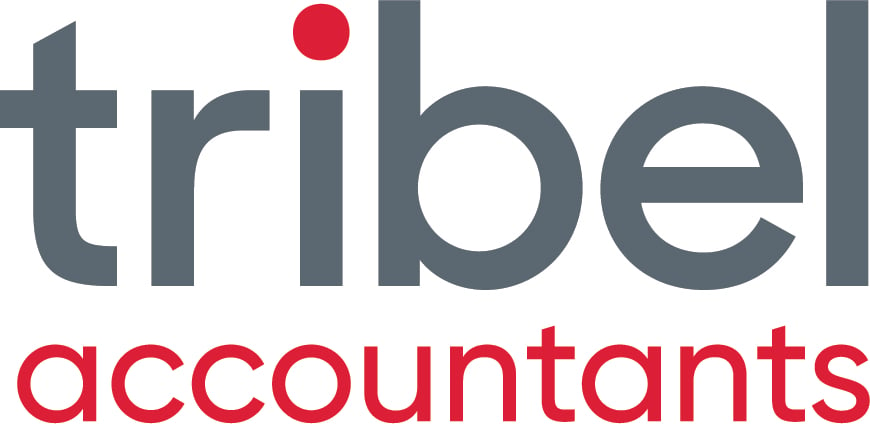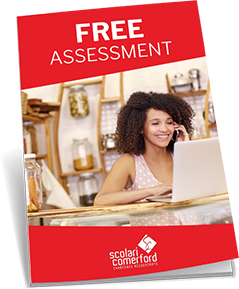INTRODUCTION:
You have decided to buy a business. You've done your due diligence and had a small business valuation performed. The offer has been accepted. Now it's time to figure out what is the best business structure to have in place. When setting up a business structure, the main considerations are set-up and ongoing costs, tax implications, asset protection and legal requirements. A small business accountant Sydney and your lawyer will give you some insight but to give you an idea of the basics in preparation for your meeting, here are some key options.

Figure 1: Protecting your home can be key to setting up the right types of business structures.
1. sole trader
The owner is a sole proprietor who controls and manages the business. This structure is best when the small business is small and capital investment is minor. Some key points:
- simple and easy to set up;
- costs are minimal;
- all profits & losses are declared to the owner 100% - can't split income;
- unlimited liability if something goes wrong (house and other assets inside and outside of the business are exposed);
- easy to sell the business or cease.
2. partnership
A partnership consists of 2 or more people (up to 20) who hold a joint ownership in the business.
Key points about partnerships:
- easy and inexpensive to set up;
- profits are split in accordance with their partnership share;
- partners are joint and severally liable for all debts regardless of what their share is (in other words, creditors can chase any of the partners' assets in and outside of the business until they are paid);
- transfer of partners' share(s) can be complex.

Figure 2: Going into partnership with your best mate can get ugly & expensive if it goes pear-shaped!
3. pty ltd company
A company is its own legal entity and has its own income tax liability. It is regulated by the Australian Security Investments Commission (ASIC).
A proprietary company must have at least one director and shareholder (can be the same person) and can have up to 50 non-employee shareholders.
Liability is limited to paid up share capital and any debts that have personally guaranteed to. Company directors though can be still liable for any debts, liabilities and legal actions against their company in certain circumstances.
Key points:
- set up costs are higher than sole trader and partnerships;
- establishing a company is more complex;
- there is a flat rate of tax (30% but can be 28.5% if you are a small business entity) but when you pull the money out of the company it will be either as a dividend or a loan. As a dividend this gets added to your other income so you could end up paying tax at the top marginal rate. If you show it as a loan you will charged interest in accordance with ATO guidelines and you will be required to pay it off over 7 years (unsecured) or 25 years if you can offer security (usually property);
- transfer of your shares can be done relatively simply;
4. trust
This tends to be a favourite of most small business accountants Sydney & indeed almost anywhere.
A trust is simply managed by a trustee(s) (usually say a mum and dad) who is responsible holding all the assets of trust on behalf of the beneficiaries (nominated). All income of the business goes into the trust and then goes to the beneficiaries at the discretion of the trustee (if it is a discretionary family trust). If the trust happens to be a unit trust the income will go to the unit holders in accordance with their share. The rules for the trust are contained in the trust deed.
Key points:
- a complex structure so needs to be set up by a solicitor or small business accountant;
- limits liability to assets of the trust;
- beneficiaries must pay on their distributions at their marginal rate;
- beneficiaries of trusts are generally not liable for debts of the trust;
- children under 18 will be hit with penalty tax at certain levels unless the trust is known as a testamentary trust which will be part of an approved estate plan.

Figure 3: A family trust can be a good way to split income legally but beware of distributing to children under 18 in certain circustances or it could cost you more tax! Photo courtesy of Balmain Baz & Lara Scolari Gallery Balimain
CONCLUSION:
Setting up a new structure involves making the right decision after taking everything into account.
Do you want to save costs, tax and/or your assets?
Get great advice to help you make sure you understand why you have made the decision you have!


.png?width=100&height=100&name=COVID_Safe_Badge_Digital%20(002).png)




